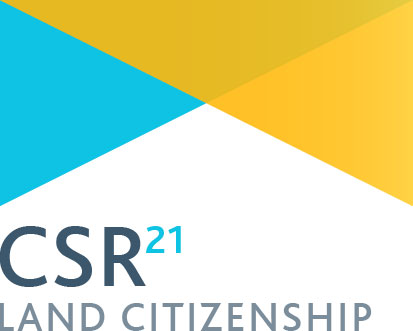
African Development Bank initiatives to "tackle climate change"
From the African Bank Development Group, a report on last month’s (and first) Africa Climate Resilient Infrastructure Summit (ACRIS I) in Addis Ababa.
The Summit aimed to introduce AU member states to “practical solutions that can address the effects of climate change on infrastructure, agriculture, food security and other key sectors in Africa”. It also “offered an opportunity for the African Development Bank to showcase its Climate Safeguard System (CSS)”. The CSS aligns with the Bank’s Ten-Year Strategy 2013-2022, whose core objective is to promote green growth through sustainable and climate-resilient infrastructure in the region. The plan is going to impact heavily on the Bank’s approach to financing for (among other things) energy projects under the Programme for Infrastructure Development for Africa (PIDA). So this, and related developments, are worth a look.
In other news, last week the Bank also announced its theme and agenda for its 2015 Annual Meetings.
The CSS was developed to help reduce vulnerability of infrastructure projects to climate risks by carrying out upstream risk assessments in project designs. The CSS also facilitates the identification of appropriate adaptation components and measures that may be eligible for financial resources from climate funds.
The AfDB was represented by Osward Chanda, Division Manager for Water and Sanitation, East and Southern Africa; Jacques Moulot, Chief Power Engineer for the NEPAD Division, and Timothy Afful-Koomson, Principal Green Growth Officer in the Compliance and Safeguards Division within the Results and Quality Department.
The delegation also shared on the central role played by the Bank in providing technical and advisory services to address climate change impacts and risks, particularly on energy projects under the Programme for Infrastructure Development for Africa (PIDA). Also highlighted was the transformative ability of the Priority Action Plan (PAP-2020) on industrial development, regional trade, employment and job creation.
Some examples of Bank’s projects especially in the water and sanitation sector were showcased, to demonstrate how the Bank is helping Regional Member Countries to enhance water storage capacity. These included the Thwake multi-purpose water resources development in Kenya, and the Mahe water augmentation in Seychelles. In addition, participants of the summit heard how the AfDB is promoting urban water management by upgrading urban drainage to cope with severe and frequent floods in Yaounde in Cameroon, Nakuru in Kenya, and Harar in Ethiopia.
In addition, the Bank’s efforts in improving access to climate funds was also mentioned, with an example of the US $7.14 million approved by the Least Developed Countries Fund (LDCF) for Central Africa Sub-Program for Water and Sanitation Sector in Bangui and Four Prefectures.
The summit was hosted by the African Union Commission (AUC) in cooperation with Entico Corporation Limited from April 27-29, 2015, under the theme: Africa towards resilient infrastructure development. Its objective is to introduce AU member states to practical solutions that can address the effects of climate change on infrastructure, agriculture, food security and other key sectors in Africa.
The meeting brought together African ministers for energy, agriculture, transport and infrastructure; financial institutions, development partners, and the private sector, among others.
ENDS
Image - from AfDB site





